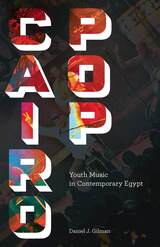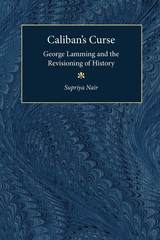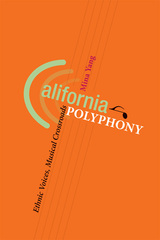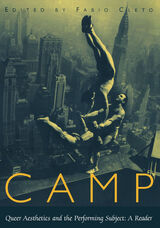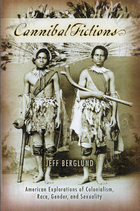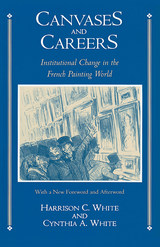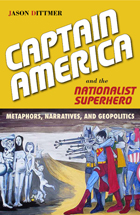Cloth: 978-1-9788-4497-1 | Paper: 978-1-9788-4496-4 | eISBN: 978-1-9788-4498-8 (all)
Described as a “fascinating journey upstream into the past to understand where the current will bring the future of Korean pop music,” (Busan Ilbo Review, 2009) Brother Is a Street Musician does not deal with contemporary K-Pop; rather, it visits the first chapter of Korea’s popular music history, which coincided with Japanese colonization in the first half of the 20th century. Combining archival research with a critical analysis of the earliest popular songs, the early recording industry, the first modern era musicians and composers, and the first formation of the consumer masses, Korean popular music scholar and musician Zhang Eujeong seeks to address the essential question: how did a colonized people construct their own, unique form of popular culture?
Today, popular music from Korea has established itself as a formidable, global cultural phenomenon, garnering the interest of not only the power players in the global music industry, but also scholars across many disciplines. As an academic inquiry into the first moment of Korean popular music history, this English translation by Seulbin Han will be an essential resource in today’s lively conversations around the emerging field of Korean popular music.
See other books on: Asian Studies | Ethnomusicology | Landscape | Popular Culture | Viewing
See other titles from Rutgers University Press

